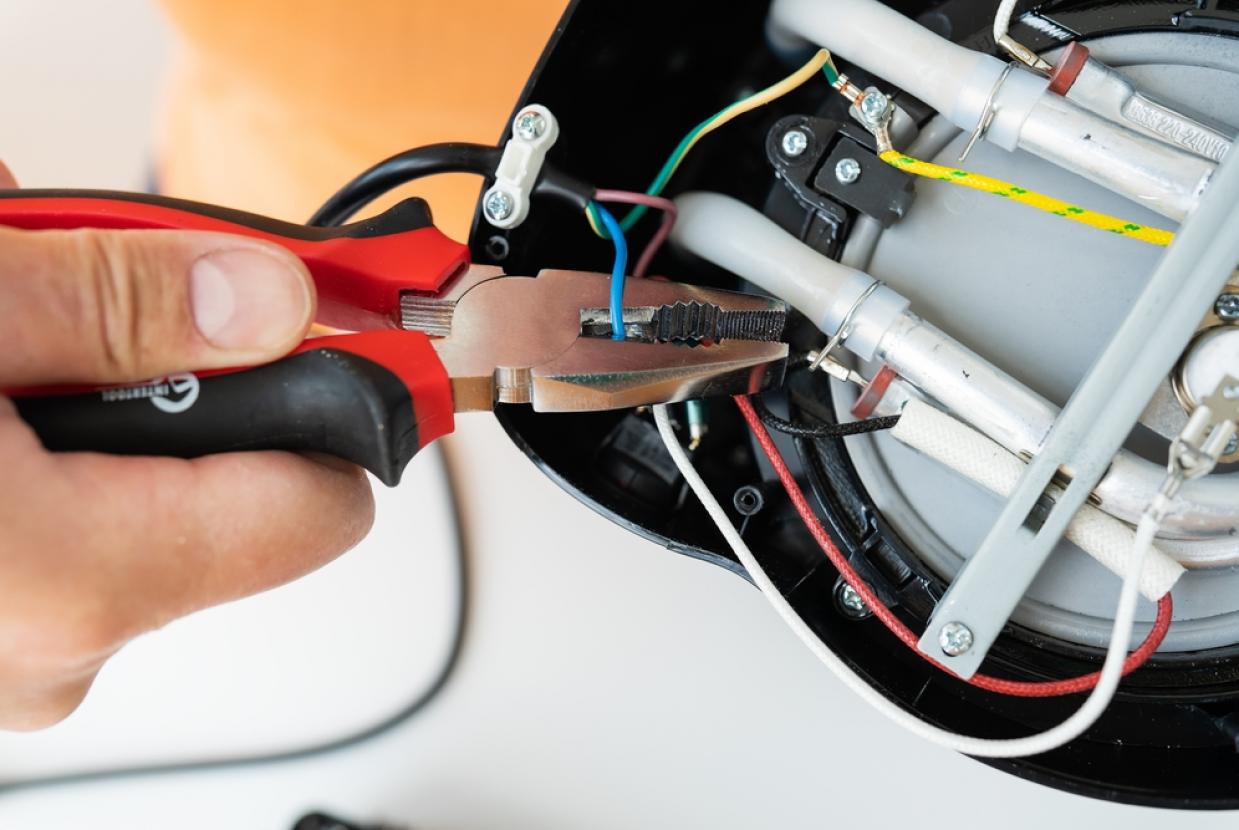Could You Recognise A Stroke?
Heart HealthA stroke is a serious life-threatening medical condition that happens when the blood supply to part of the brain is cut off.
Strokes are a medical emergency and urgent treatment is essential. The sooner a person receives treatment for a stroke, the less damage is likely to happen. If you suspect that you or someone else is having a stroke, phone 999 immediately and ask for an ambulance.
Symptoms of a stroke
The main symptoms of stroke can be remembered with the word FAST:
- Face – the face may have dropped on 1 side, the person may not be able to smile, or their mouth or eye may have dropped.
- Arms – the person with suspected stroke may not be able to lift both arms and keep them there because of weakness or numbness in 1 arm.
- Speech – their speech may be slurred or garbled, or the person may not be able to talk at all despite appearing to be awake; they may also have problems understanding what you're saying to them.
- Time – it's time to dial 999 immediately if you see any of these signs or symptoms.
Causes of a stroke
Like all organs, the brain needs the oxygen and nutrients provided by blood to function properly. If the supply of blood is restricted or stopped, brain cells begin to die. This can lead to brain injury, disability and possibly death.
There are 2 main causes of strokes:
- ischaemic – where the blood supply is stopped because of a blood clot, accounting for 85% of all cases
- haemorrhagic – where a weakened blood vessel supplying the brain bursts
There's also a related condition called a transient ischaemic attack (TIA), where the blood supply to the brain is temporarily interrupted. This causes what's known as a mini-stroke. It can last a few minutes or persist up to 24 hours. TIAs should be treated urgently, as they're often a warning sign you're at risk of having a full stroke in the near future.
Seek medical advice as soon as possible, even if your symptoms get better. Certain conditions increase the risk of having a stroke, including:
- high blood pressure (hypertension)
- high cholesterol
- irregular heart beats (atrial fibrillation)
- diabetes
Treating a stroke
Treatment depends on the type of stroke you have, including which part of the brain was affected and what caused it.
Strokes are usually treated with medication. This includes medicines to prevent and dissolve blood clots, reduce blood pressure and reduce cholesterol levels.
In some cases, procedures may be required to remove blood clots. Surgery may also be required to treat brain swelling and reduce the risk of further bleeding if this was the cause of your stroke.
Preventing a stroke
You can significantly reduce your risk of having a stroke by:
- eating a healthy diet
- taking regular exercise
- following the recommended guidelines on alcohol intake (not drinking more than 14 units a week)
- not smoking
If you have a condition that increases your risk of a stroke, it's important to manage it effectively. For example, taking medicine you have been prescribed to lower high blood pressure or cholesterol levels. If you have had a stroke or TIA in the past, these measures are particularly important because your risk of having another stroke is greatly increased.















































































